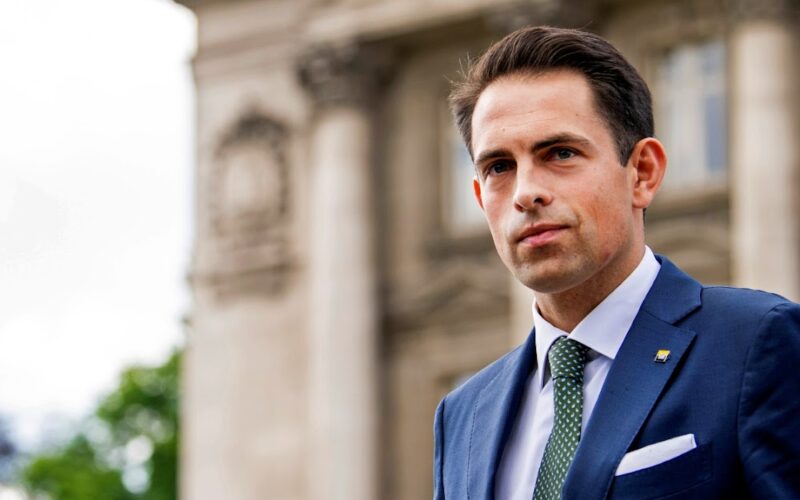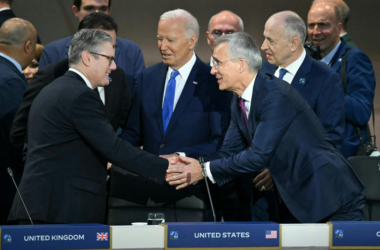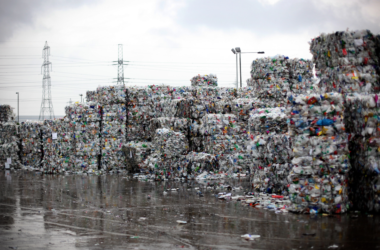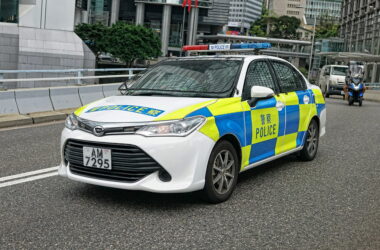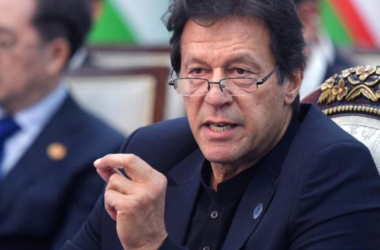In a fiery campaign speech at a pub south of Brussels, Tom Van Grieken, the leader of Flanders’ far-right Vlaams Belang party, lambasted what he termed “gender nonsense, climate madness, and — ‘oh no’ — the end of the world!” Van Grieken’s rhetoric captured a growing sentiment among many Flemish voters, concerned less about global issues and more about making ends meet.
Van Grieken has been vocal on anti-migration, anti-environmentalist, and anti-woke stances, which have garnered significant support. His party is poised for a significant victory in the upcoming national, regional, and European elections, threatening to reshape Belgium’s political landscape.
The rise of Vlaams Belang, with its separatist agenda, is particularly alarming in a country already struggling with complex governance. Belgium’s power is shared among the federal government, three language communities (Flemish, French-speaking, and German), and three regions (Flanders, Wallonia, and Brussels). Flanders, the wealthiest region, contributes more to national budgets through mechanisms like social security.
Belgium’s intricate state structure and political division between Francophone and Flemish communities complicate governance. The current federal government, a coalition of seven parties, holds the world record for the longest period without a government, taking 541 days in 2010-2011 to form a coalition.
Vlaams Belang’s ultimate goal sets it apart from other far-right parties in Europe: the separation of Flanders from the French-speaking, left-leaning Wallonia. With projections showing Vlaams Belang securing around 26 percent of Flemish votes, its popularity signals a seismic shift.
The party’s campaign resonates with voters discontented over security and rising costs, linking these issues to its separatist agenda. “Flemish money should first and foremost go to Flemish families!” Van Grieken declared, a clear jab at public spending on immigrants and support for Wallonia, to which his audience responded with enthusiasm.
As a founding member of the European Union, Belgium hosts major EU institutions and NATO headquarters. Drawing from the 1992 separation of Czechoslovakia, Vlaams Belang advocates for an “orderly separation” of Belgium. Tom Vandendriessche, the party’s chief ideologue, envisions a “declaration of sovereignty” by the Flemish Parliament, initiating negotiations with Wallonia on dividing assets, including the national debt.
Despite leading in polls, Vlaams Belang remains largely excluded from power due to the cordon sanitaire, a tradition among Belgian parties to prevent the far-right from governing. Van Grieken, akin to France’s National Rally leader Jordan Bardella, aims to break this barrier by making his party more palatable and appealing, especially to younger voters.
Van Grieken continues to attract support, emphasizing his mission to grow the far-right voting bloc and ultimately control Belgium’s political process.
Speaking to supporters in Dworp, Van Grieken underscored his goal: “Only when our party can become the biggest party, only then will the Flemish be listened to … and will Flanders be ours again.” His rallying cry of “Flanders” was met with a resounding “Ours!” from the crowd.




